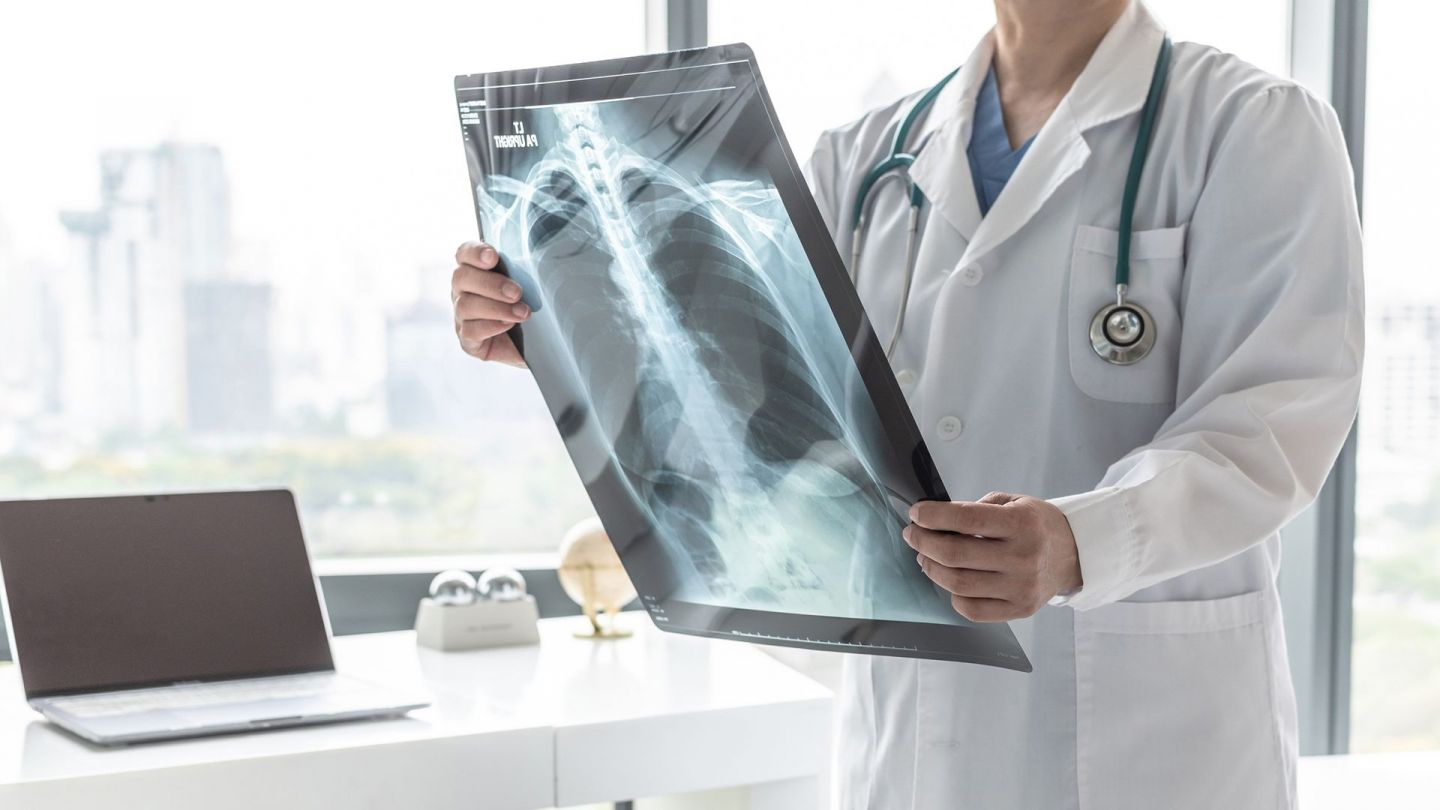
Lung and Chest Diseases
Respiratory system disorders are treated in the lung and chest diseases unit. If your complaint involves any part of the respiratory system, from the trachea to the lungs, the doctor who will solve the problem is a pulmonologist.
Department physicians, who deal with many ailments such as asthma, allergic diseases, bronchitis, chronic obstructive pulmonary disease, pneumonia, tuberculosis, pulmonary embolism, chronic cough, lung cancer, respiratory disorders during sleep, diseases caused by smoking addiction, work with a multidisciplinary approach. arranges treatment. When necessary for diagnosis and treatment, many different techniques such as advanced radiological imaging examinations, laboratory tests, forced vital capacity test performed in the respiratory function laboratory, diffusion test are used. Specialist physicians, who diagnose and treat diseases related to chest diseases, also help their patients about smoking addiction, smoking-related diseases and smoking cessation methods.
Respiratory Diseases
Asthma: Your airways are constantly inflamed and can spasm, causing wheezing and shortness of breath. Allergies, infections, or pollution can trigger asthma symptoms.
Chronic Obstructive Pulmonary Disease (COPD): It is a lung disease that can be explained as the inability to easily exhale the air taken into the lungs by breathing.
Chronic Bronchitis: It is an irreversible airway inflammation caused by factors such as smoking, polluted air, dust and gas exposure. It is a component of the chronic obstructive pulmonary diseases group called COPD.
Emphysema: A disease characterized by the stretching and enlargement of the air sacs (alveoli) in the lungs. This expansion causes the thin walls separating the air sacs from each other to rupture, and thus a loss of flexibility in the lungs.
Acute Bronchitis: It is a respiratory disease that occurs as a result of thickening of the bronchial tubes and increased mucus production due to infections or various allergies caused by microbes such as viruses or bacteria.
Cystic Fibrosis. It is an inherited disease that causes serious damage to the lungs, digestive system and other organs of the body. This leads to recurrent lung infections.
Pneumonia: Pneumonia is an inflammation of the lung tissue.
Tuberculosis: Tuberculosis, which causes widespread inflammation, especially in the lungs, with the entry of the bacterium called Mycobacterium tuberculosis into the body through the respiratory tract, is an infectious disease, also known as Tuberculosis Disease among the people.
Pulmonary Oedema: Pulmonary oedema is a condition caused by excess fluid in the lungs. This fluid collects in the numerous air sacs in the lungs, making it difficult to breathe.
Lung Cancer: Malignant tumoral formations that occur as a result of unbalanced proliferation of cells in the lung are called lung cancer.
Acute Respiratory Distress Syndrome (ARDS): Acute respiratory distress syndrome, or ARDS, is an inflammatory lung injury that occurs when fluids build up in the small air sacs (called alveoli) in the lungs. ARDS prevents the lungs from filling with air, causing dangerously low levels of oxygen in the blood (hypoxemia). Many people with ARDS need help breathing from a machine called a ventilator until their lungs heal.
Pneumoconiosis: The last accepted definition of pneumoconiosis, known as pulmonary dust diseases, is “accumulation of inorganic dust in the lungs and tissue reaction against it”. There are dozens of diseases collected under this title: coal worker’s pneumoconiosis, silicosis, asbestosis, siderosis, etc. like.
Sleep Apnea: It can be defined as the cessation of breathing during sleep. In sleep apnea syndrome, temporary suffocation lasting for a few seconds can occur during sleep.

